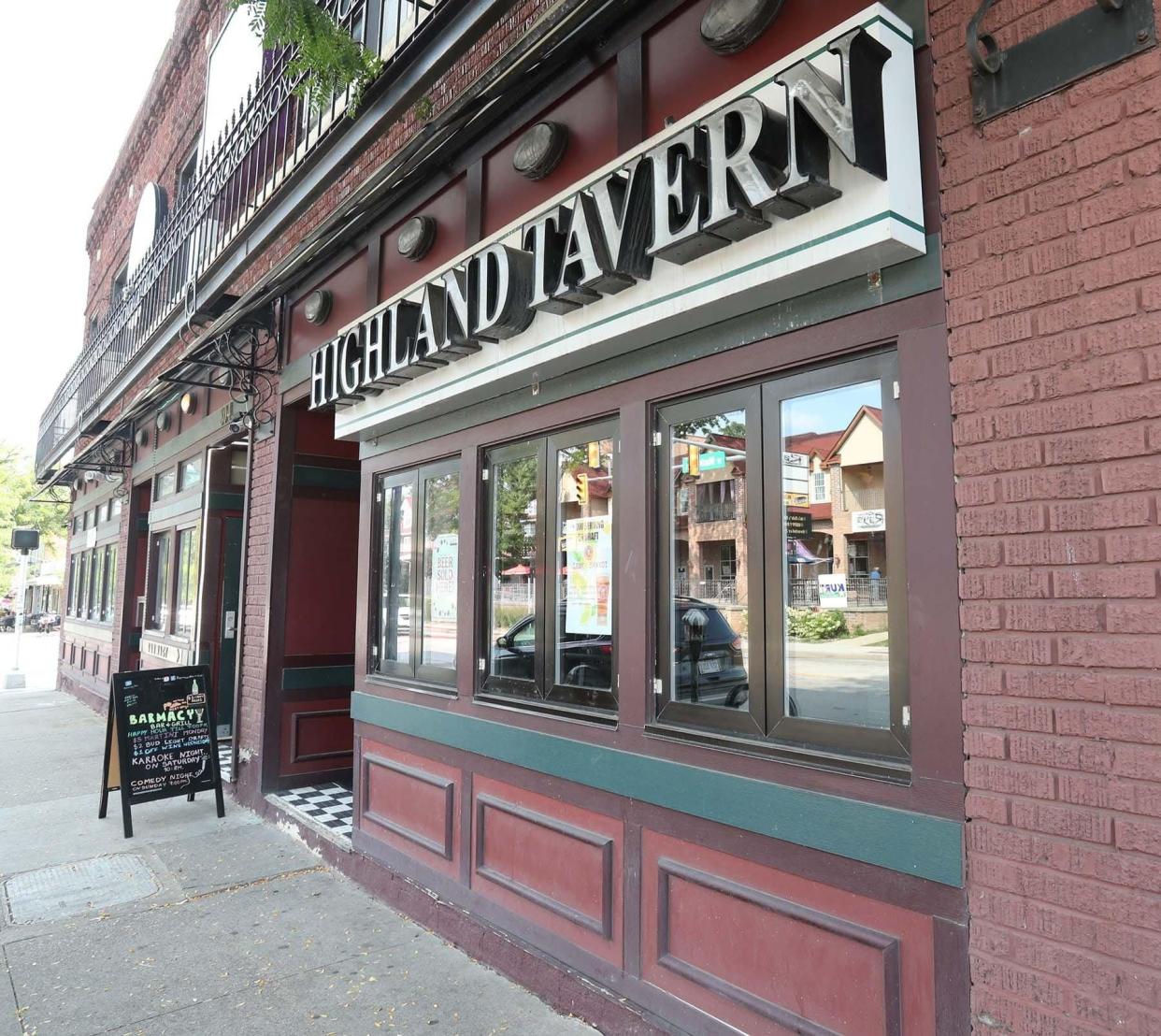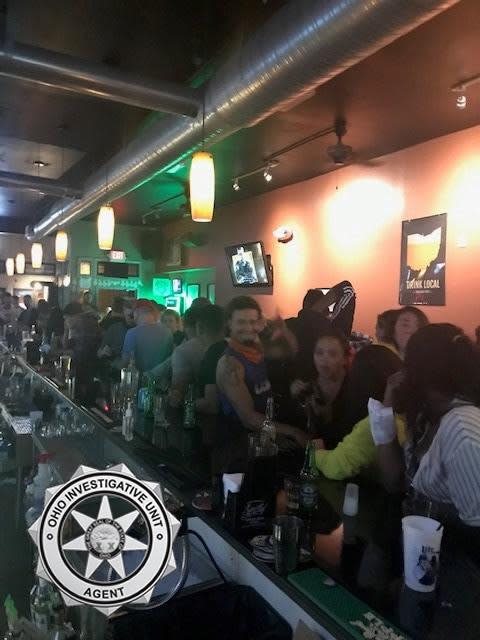Ohio Supreme Court rejects Highland Tavern appeal of pandemic rule that led to penalty

The Ohio Supreme Court on Tuesday denied an appeal filed by an Akron bar that lost its liquor permit after serving alcohol in violation of an emergency pandemic order in 2020.
The high court described Highland Tavern’s case, presented on grounds similar to arguments made by other plaintiffs who lost their liquor licenses for ignoring pandemic restrictions, as a “hypothetical dispute.”
“This case is moot,” the justices all agreed in the judgment rendered nearly three years after the restrictions that were being challenged were lifted. The court also noted that a similar provision isn’t “reasonably likely” to reoccur.
Ohio Supreme Court Opinion in Highland Tavern Case by dhlivingston on Scribd
In the early months of the pandemic, to prevent the spread of the novel respiratory disease at a time when a vaccine was still being developed, the Ohio Department of Liquor Control adopted Rule 80. Bars that could serve liquor until 1 a.m. would have to cut off customers at 10 p.m. Alcoholic drinks had to be consumed by 11 p.m.
The order was signed by Ohio Gov. Mike DeWine, who faced criticism of government overreach from more conservative members of his Republican Party.
The 120-day rule was set to expire at the end of November 2020. On three days in August, agents of the Ohio Department of Public Safety observed Highland Tavern patrons consuming alcohol after 11 p.m. and, on one occasion, being served after 10 p.m.

During a hearing on the violations, attorneys from the Mendenhall Law Group, which represented Highland Tavern, questioned the Ohio Department of Health Bureau of Infectious Diseases on why the restrictions applied to bars and clubs but not crowded sporting events and retail establishments like stores. The broader argument was that Rule 80 “targeted” bars and, in doing so, violated the Equal Protection Clause of the Fourteenth Amendment to the United States Constitution.
The liquor commission didn’t buy that line and revoked Highland Tavern’s permit effective Oct. 2, 2020, making it the first establishment to lose its license over violations of the state's COVID-19 health orders.
In Franklin County, the bar filed a lawsuit against the governor and the three members of the liquor commission, seeking a judgment declaring Rule 80 unconstitutional and barring the government from ever reinstating it.
The court in Franklin County ruled that the bar should have pursued an administrative appeal of the rule, which was not codified by the Ohio legislature, instead of taking the matter to a judge, whose jurisdiction covers statutory issues. An appellate court affirmed the decision reached in Franklin County, stating further that the case was moot because it was filed just days before Rule 80 was set to expire.
“[A]n order enjoining a rule that no longer exists will achieve nothing,” the appellate court ruled. “And a declaration that the same rule ‘was’ unconstitutional will not entitle Highland to anything.”
The Ohio Supreme Court's noted in its ruling that even a finding against the pandemic rule would not have overturned the decision to revoke Highland Tavern's liquor license.
"Even if we were to find that Rule 80 was unconstitutional, neither that declaration nor an injunction to prevent enforcement of a future similar rule would reinstate Highland’s permits," the ruling says.
Attorney Warner Mendenhall said he's now exhausted all legal recourse for his client in Ohio, but there's a chance he'll seek relief in federal court by invoking the Takings Clause of the Fifth Amendment to the U.S. Constitution, which prohibits government from unjustly seizing private property and assets. His client, he said Tuesday, is still without a liquor permit. And he was "disappointed" that the Ohio Supreme Court did not acknowledge that in the opinion.
Reporter Stephanie Warsmith contributed to this story. Reach reporter Doug Livingston at dlivingston@thebeaconjournal.com or 330-996-3792.
This article originally appeared on Akron Beacon Journal: Ohio Supreme Court rejects Highland Tavern appeal of pandemic rule

